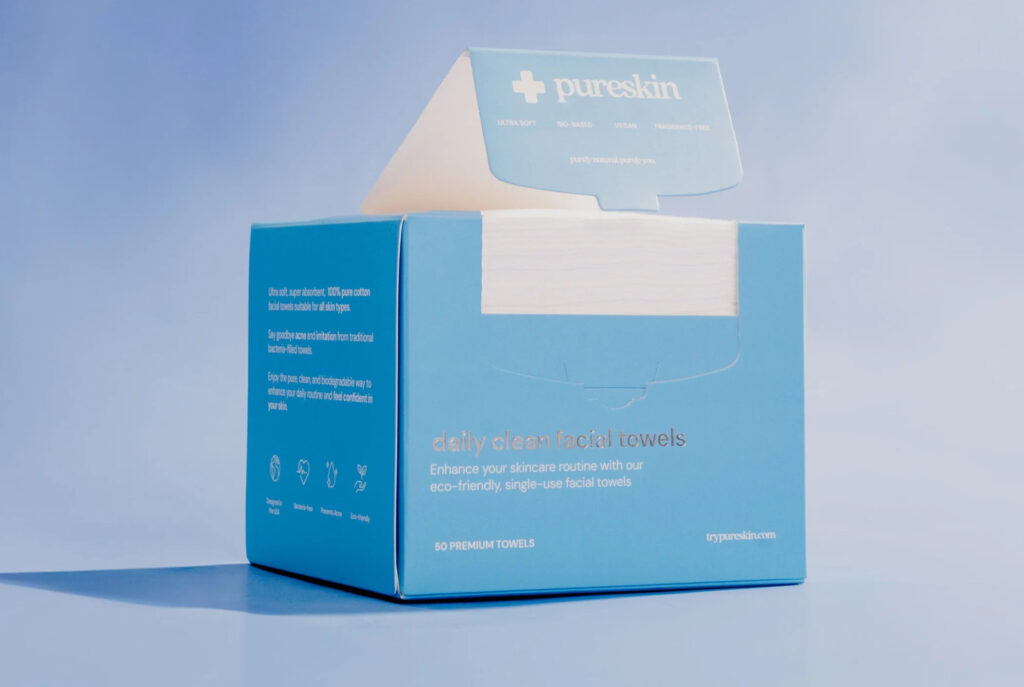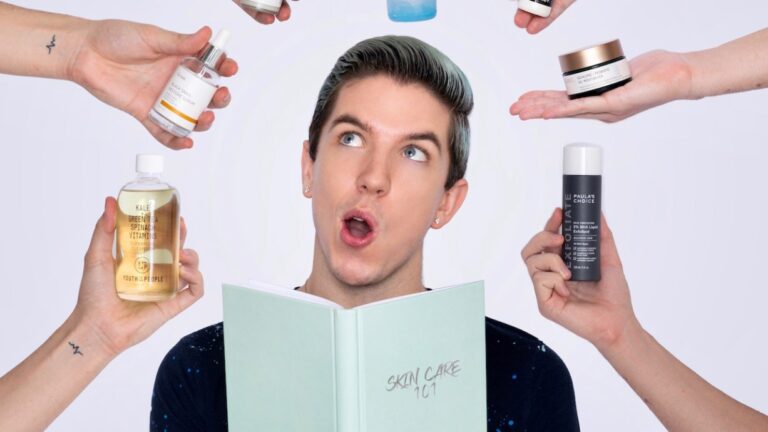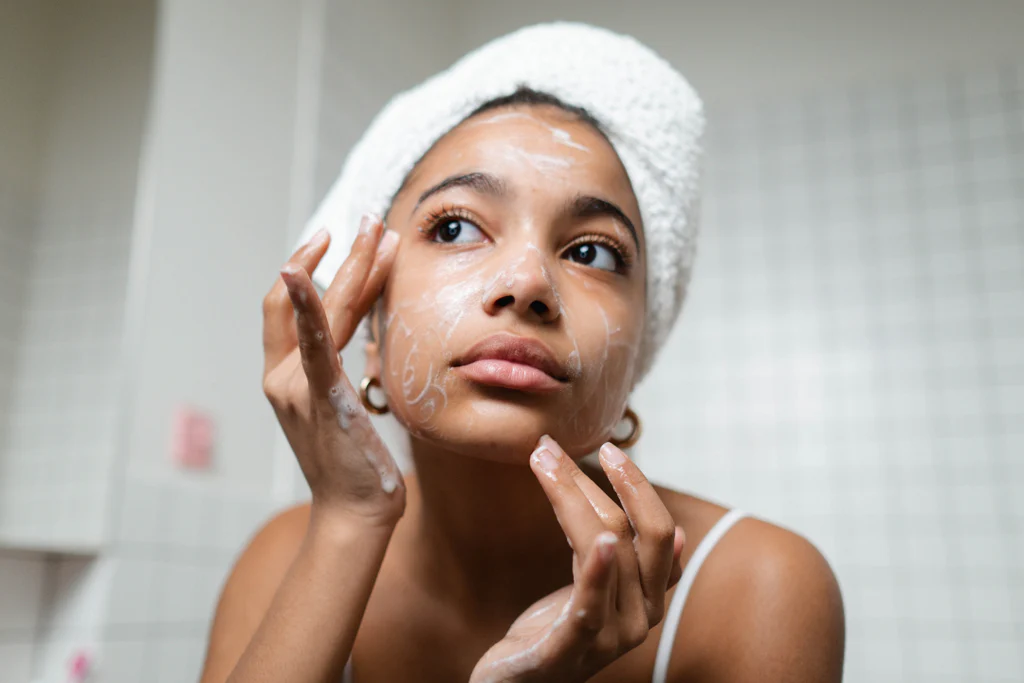Most people don’t realize they’re sabotaging their skin until it’s too late. They pile on products, hoping for a quick fix, only to be caught in a never-ending cycle of breakouts, dryness, and irritation. If that sounds familiar, you’re not alone. I spent years treating symptoms instead of preventing them—until I finally understood that great skin isn’t about fixing problems. It’s about stopping them from happening in the first place.
The beauty industry thrives on selling you more. More serums, more treatments, more solutions to problems you wouldn’t even have if you had taken the right approach from the start. But prevention isn’t marketable. It’s not exciting. And yet, it’s the only thing that actually works in the long run.
If you want skin that stays clear, strong, and healthy—without constantly battling flare-ups—here’s the approach you should be taking.
The Preventative Skincare Framework
Skincare isn’t about layering products on top of damage. It’s about stopping the damage before it starts. This is the exact framework that transformed my skin from reactive to resilient.
Step 1: Stop Using Dirty Towels and Pillowcases
You wouldn’t wash your face with dirty hands, but every time you dry your face with a used towel, you’re pressing bacteria, oil, and old product residue back onto your skin. This is one of the most overlooked causes of breakouts.
What to do instead:
- Use a fresh towel every time you wash your face. A single-use clean towel is the best option for preventing bacterial buildup.
- Change your pillowcase at least twice a week. Your skin is in contact with it for hours every night.

pureskin™ daily clean facial towels
Ultra-soft, 100% cotton towels made for clean, healthy skin. Ditch dirty towels that trap bacteria—get a fresh, gentle dry every time. Perfect for all skin types.
Step 2: Protect, Don’t Just Repair
Most people treat skincare like a repair job—waiting until their skin is inflamed, broken out, or damaged before doing something about it. The problem is, damage control is always harder than prevention.
The three biggest culprits of premature skin damage:
- UV exposure: The number one cause of aging, hyperpigmentation, and skin cancer.
- Over-exfoliation: Stripping your skin’s natural barrier makes it weaker over time.
- Harsh cleansers: Foaming, drying cleansers leave your skin vulnerable.
What to do instead:
- Sunscreen is non-negotiable. Every morning, even if you’re indoors.
- Ditch physical scrubs. Exfoliate gently, no more than twice a week.
- Use a hydrating cleanser. Your skin should never feel tight after washing.
Step 3: Focus on Strength, Not Just Appearance
Most people treat skin from the outside in—hydrating, plumping, brightening. But healthy skin starts from the inside out. If your skin is constantly irritated, breaking out, or feeling tight, it’s a sign that your skin barrier is weak.
How to build skin resilience:
- Simplify your routine: More products don’t mean better results. Stick to a gentle, effective regimen.
- Support your skin barrier: Look for ingredients like ceramides, niacinamide, and squalane.
- Hydrate from within: Drinking water isn’t enough—electrolytes and omega-3s help retain moisture.
Step 4: Stop Treating Skincare Like a Quick Fix
Skin doesn’t change overnight. The biggest mistake people make is expecting instant results and constantly switching products when they don’t see improvement within days. But prevention is a long game, and real results take time.
What to do instead:
- Stick to a routine for at least 6-8 weeks before judging results.
- Resist the urge to keep adding new products. If your skin is stressed, less is more.
- Understand that skincare isn’t just topical. Stress, diet, sleep, and gut health all play a role in how your skin behaves.
The Bottom Line
The skincare industry will keep pushing you to buy more products, but the truth is, your skin doesn’t need more—it needs better habits. Prevention is the difference between always playing catch-up and having skin that stays clear and strong with minimal effort.
You can keep fixing problems as they come, or you can stop them from happening in the first place.


